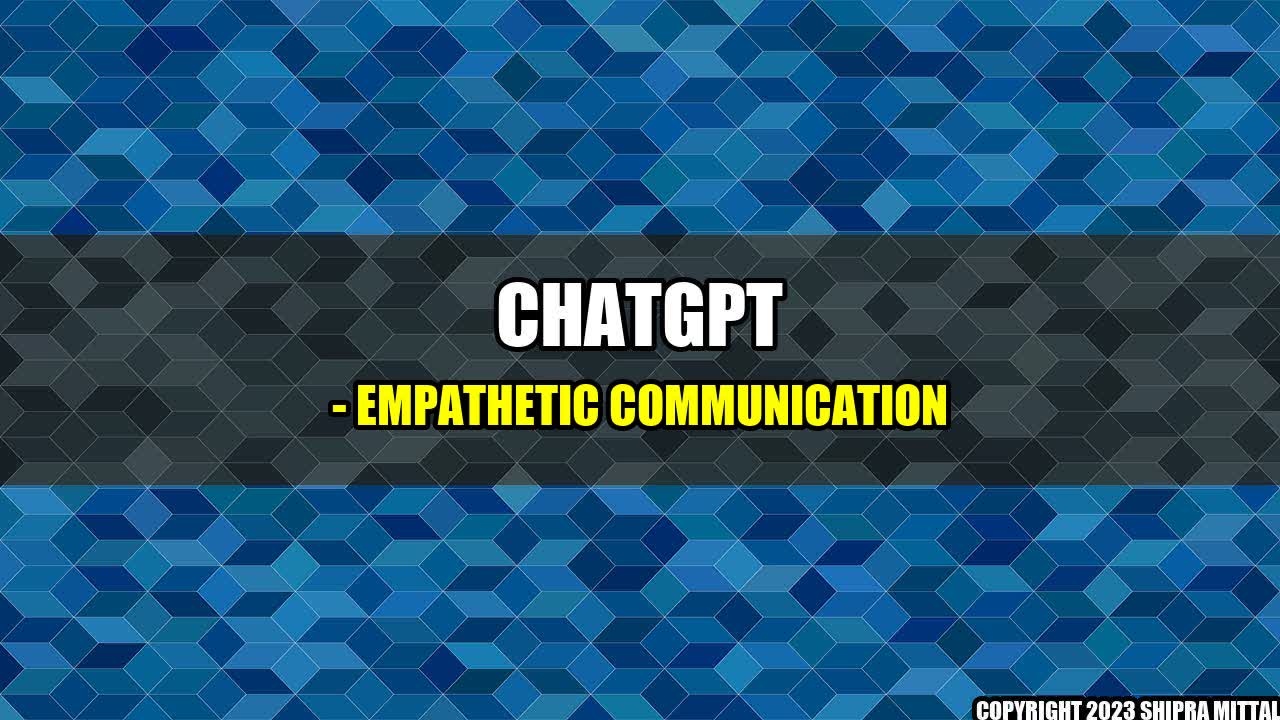When Maria logged in to her bank account, she was frustrated to see a negative balance because of an unexpected transaction. She quickly initiated a chat with the bank's online chatbot, hoping to resolve the issue as soon as possible. However, the responses she received were automated, generic, and unhelpful, something along the lines of "I'm sorry for the inconvenience, please call our customer service team for assistance."
Maria expressed her disappointment and asked if there was any way to escalate the matter. Much to her surprise, the chatbot suddenly responded with a genuine message that showed empathy and understanding. "I understand this must be a frustrating experience for you, Maria. Let me look into the details and see how we can resolve this together. Can you please provide some more information about the transaction?"
After a few minutes of interaction with the chatbot, Maria was able to get her issue resolved without having to call the customer service team. She even received a follow-up message from the chatbot, asking if she had any further concerns or feedback.
This kind of empathetic communication from a chatbot may seem like a minor improvement, but it can make a significant difference in customers' satisfaction and loyalty. As more companies adopt AI-driven chatbots for customer service and support, ChatGPT has emerged as a leader in demonstrating empathy and understanding through its chatbot technology.
Real-Life Examples
One of the reasons why ChatGPT has been able to develop such a strong reputation for empathetic communication is because the company has invested heavily in natural language processing (NLP) and machine learning algorithms. These advanced technologies enable ChatGPT's chatbots to understand customers' intents, emotions, and language nuances, which allows them to deliver more personalized and relevant responses.
For instance, when Jane reached out to a retailer's chatbot with a complaint about a defective product, she was pleasantly surprised to receive a message that said, "I'm so sorry to hear that your item was not up to your expectations, Jane. I can understand how frustrating that must be. Can you please provide me with some details of your order, so that I can assist you better?"
Similarly, when John contacted his internet service provider's chatbot with a question about his billing, he received a message that said, "Hi John, I'm here to help you with your billing question. I understand that managing finances can be a bit overwhelming sometimes, but don't worry, I'll try to make it as easy as possible for you. Can you please tell me which account you're referring to?"
Main Companies in the Article
Conclusion
ChatGPT has demonstrated that empathetic communication can be a game-changer in the online chatbot industry. By investing in NLP and machine learning technologies, the company has been able to humanize its chatbots and provide customers with more satisfying and meaningful experiences. As more companies recognize the importance of empathetic communication, we can expect to see a shift towards chatbot technology that prioritizes the needs and emotions of customers.

Akash Mittal Tech Article
Share on Twitter Share on LinkedIn